-

Sodium Alkyl Naphthalene Sulfonate used as wetting agent
Sodium Alkyl Naphthalene Sulfonate (SANS) is commonly used as a wetting agent in various applications due to its unique surfactant properties. Here’s a more detailed explanation of how SANS functions as a wetting agent: The concentration and specific formulation of Sodium Alkyl Naphthalene Sulfonate used as a wetting agent can be tailored to meet the…
-
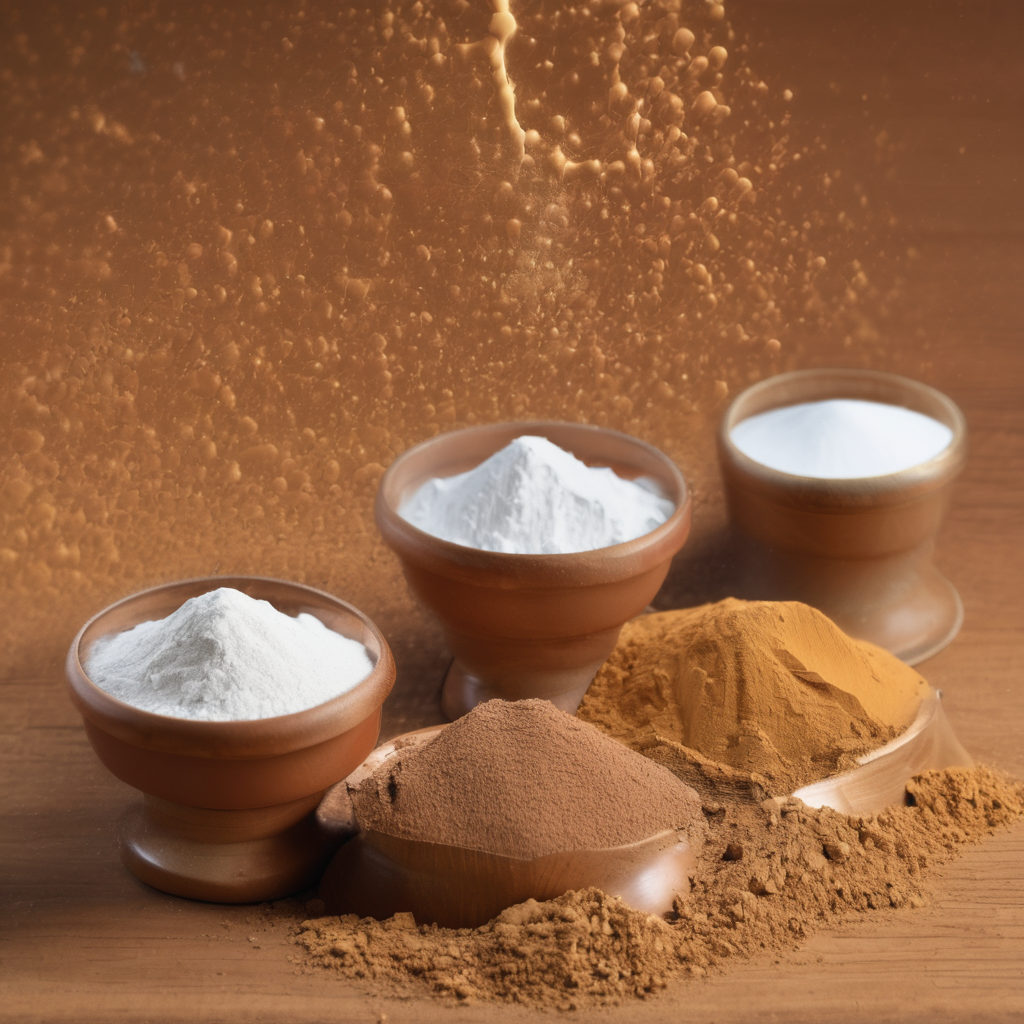
Sodium lignosulfonate VS calcium lignosulfonate
Sodium lignosulfonate and calcium lignosulfonate are two common types of lignosulfonate compounds, but they have some key differences: The choice between sodium lignosulfonate and calcium lignosulfonate often depends on the specific application requirements and the desired properties of the final product. Both types of lignosulfonates are widely used in various industries, including construction, agriculture, and…
-
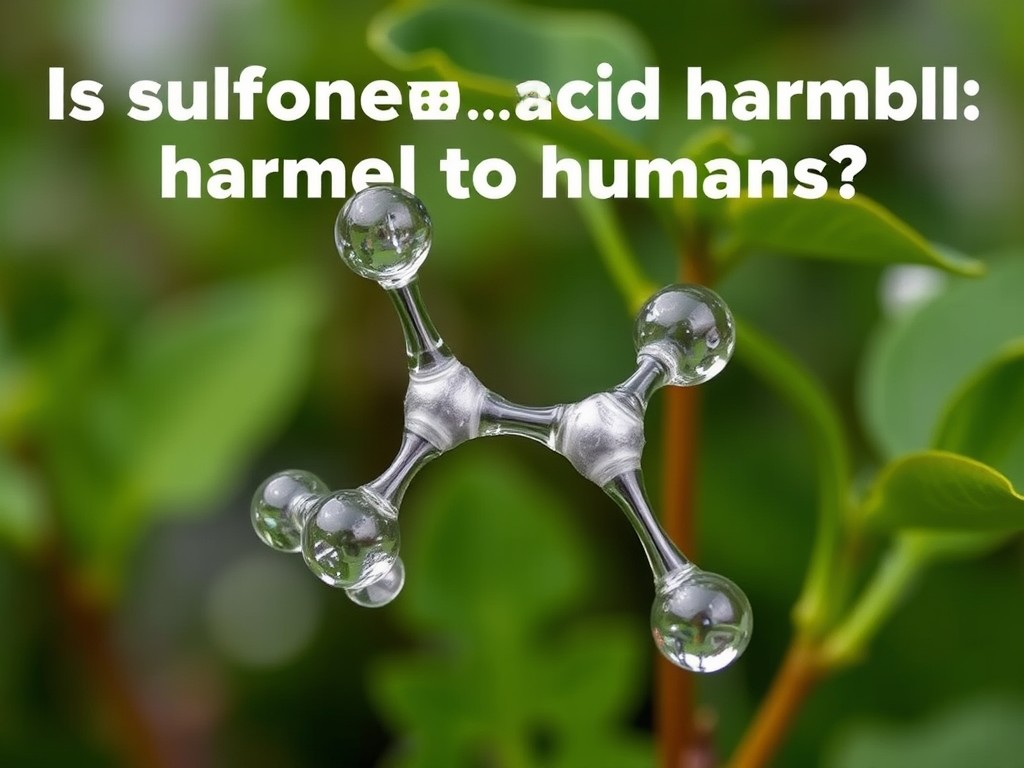
Is sulfonic acid harmful to humans?
Sulfonic acids, including lignosulfonic acid (the parent compound of sodium lignosulfonate), are generally considered to have a relatively low level of toxicity to humans when handled and used properly. Here are some key points about the potential hazards of sulfonic acids: It is important to note that the actual risk and severity of the effects…
-

Is lignosulfonate soluble in water?
Yes, lignosulfonates, including sodium lignosulfonate, are generally soluble in water. The water solubility of lignosulfonates is primarily due to the following factors: The water solubility of lignosulfonates is an important property that enables their use in various aqueous-based applications, such as: The ability to form stable, water-soluble solutions allows lignosulfonates to effectively interact with and…
-
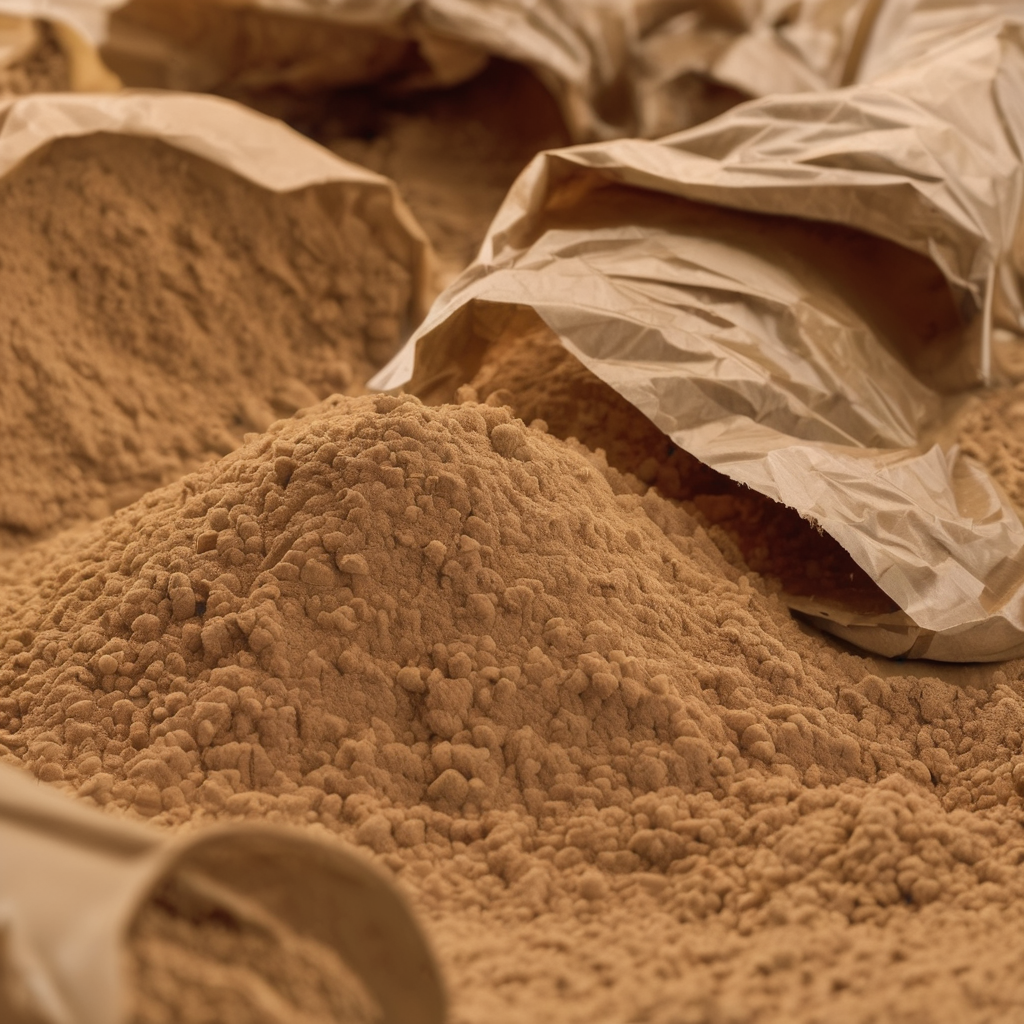
Is lignosulfonate biodegradable?
Yes, lignosulfonates, including sodium lignosulfonate, are considered biodegradable materials. The key reasons why lignosulfonates are biodegradable are: The biodegradable nature of lignosulfonates is an advantage in various applications, as it makes them a more environmentally friendly option compared to some non-biodegradable alternatives. This property is particularly important in applications where the lignosulfonates may be released…
-

Is lignosulfonate safe?
Lignosulfonates, including sodium lignosulfonate, are generally not considered hazardous materials when used as intended in most applications. However, some important safety considerations regarding lignosulfonates include: Overall, lignosulfonates are generally considered safe for their intended uses when proper precautions are taken. As with any chemical, it is important to follow the manufacturer’s safety guidelines and adhere…
-
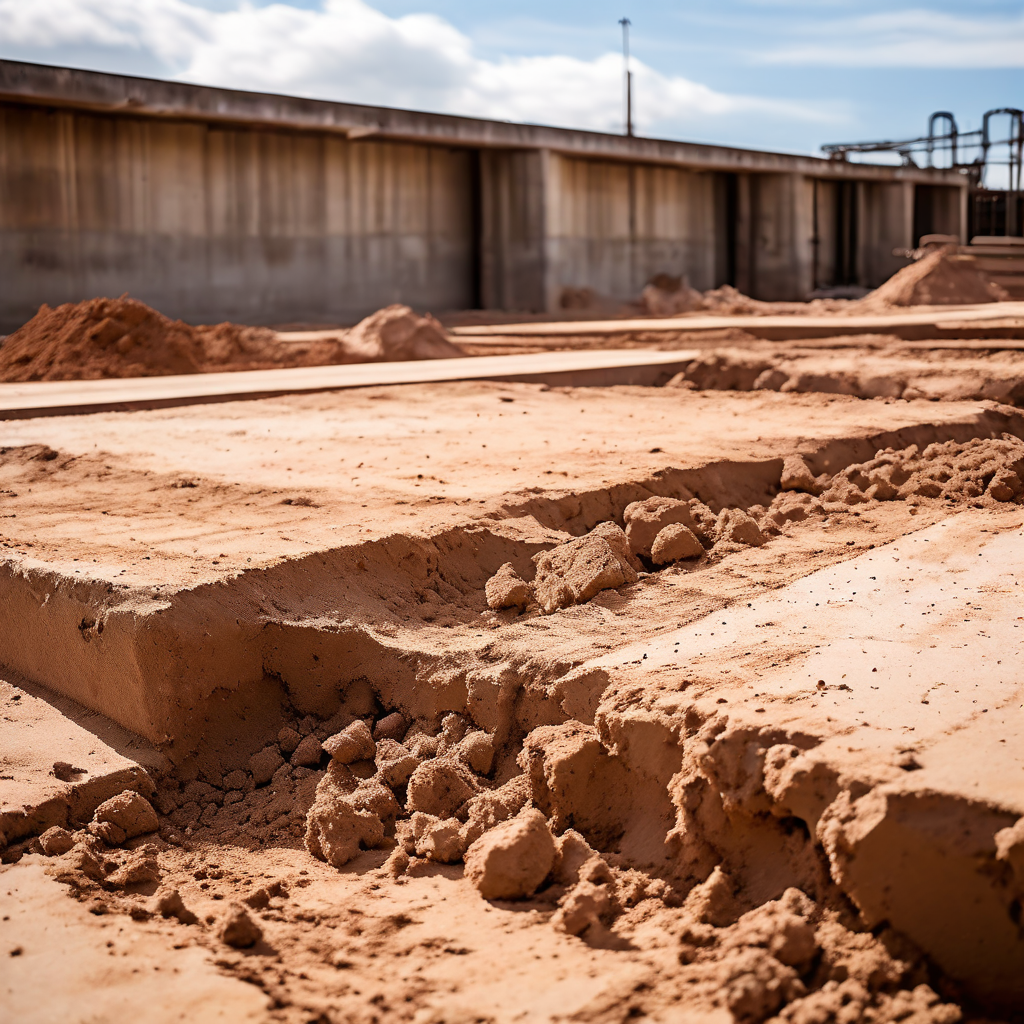
What is lignosulfonate used for in concrete?
Lignosulfonates, including sodium lignosulfonate, have several important uses in the concrete industry: Overall, lignosulfonates, including sodium lignosulfonate, are widely used in the concrete industry as versatile and valuable admixtures, offering a range of benefits in terms of concrete performance, productivity, and environmental sustainability.
-
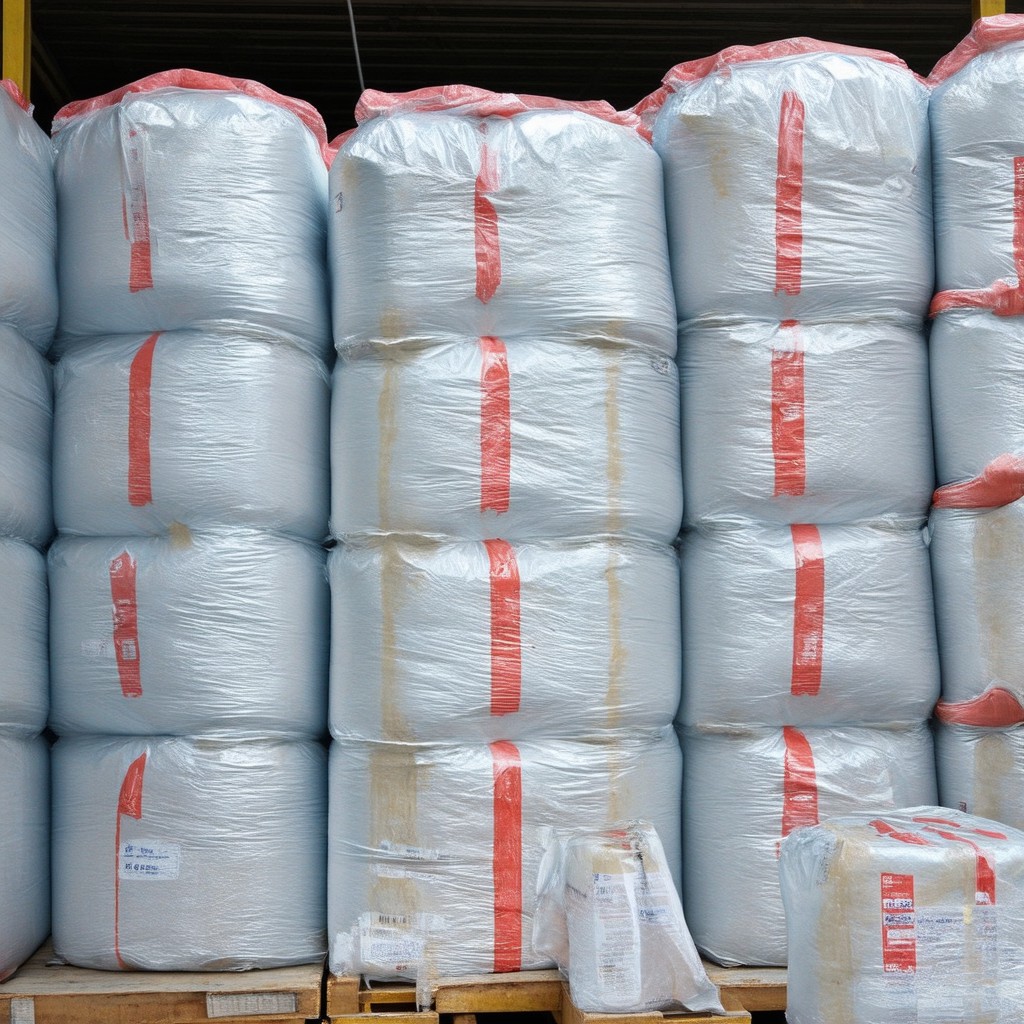
Is sodium Lignosulfonate toxic?
No, sodium lignosulfonate is generally considered non-toxic or low in toxicity. Here are some key points about the toxicity of sodium lignosulfonate: It’s important to note that while sodium lignosulfonate is considered low in toxicity, as with any chemical, proper handling and safety precautions should be taken, especially in industrial or occupational settings, to minimize…
-
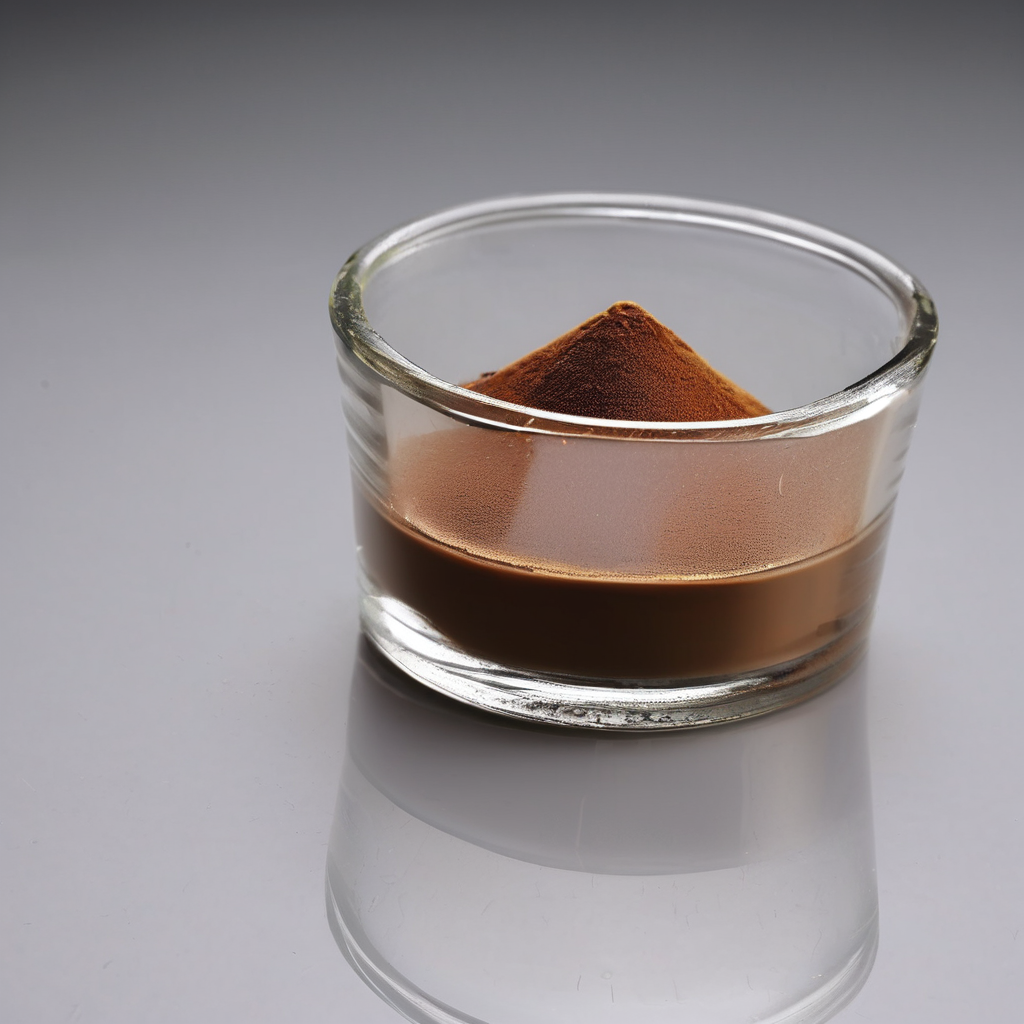
Sodium lignosulfonate dispersant
Sodium lignosulfonate is a commonly used dispersant, with the following key properties and applications: Sodium lignosulfonate has become a widely used and versatile dispersant due to its favorable properties, cost-effectiveness, and environmental-friendly nature, making it a preferred choice in various industries and applications.
